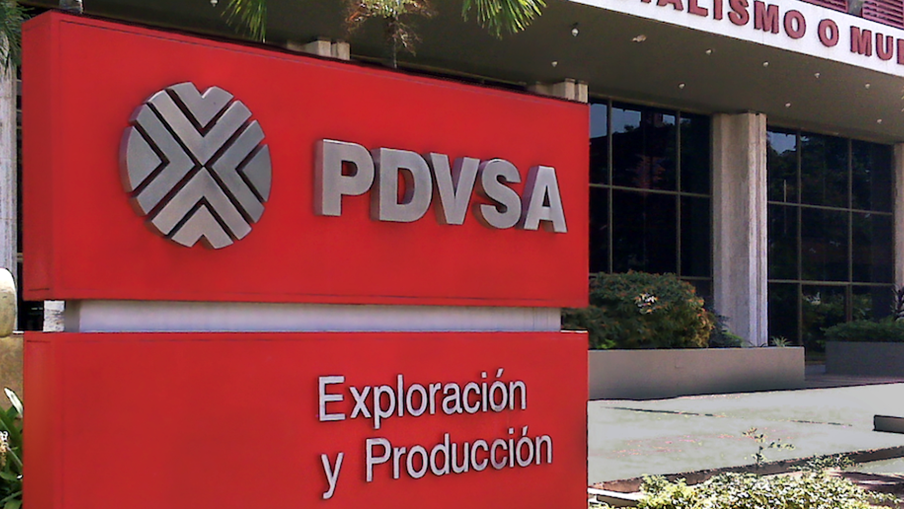The U.S. Treasury Department on Thursday tightened its restrictions on Venezuela’s capacity to receive oil products, as Washington continues to press against Nicolas Maduro’s enduring hold on power.
The actions, imposed by the Treasury’s Office of Foreign Assets Control (OFAC) through technical changes to licenses related to sanctions on state-owned oil company Petróleos de Venezuela SA (PdVSA), expand the prohibition of the U.S. export or reexport of diluents, to Venezuela.
PdVSA was sanctioned by the U.S. in January.
Diluents play a key role in the transportation of Venezuelan petroleum, a primary revenue source for Maduro, according to Treasury guidance. Exports of diluents were already barred, but the change now includes any transactions related to diluent exports, according to the amended licenses.
“Given PdVSA’s role as Venezuela’s state-owned oil company, exports or reexports of diluents to Venezuela likely include a direct or indirect interest of PdVSA,” the Treasury said in the guidance, adding that anyone involved in exporting diluents “should exercise enhanced due diligence to verify the ultimate end user and ensure that the transaction does not involve a direct or indirect interest of a sanctioned person, including PdVSA.”
Due to a lack of access to diluents, PdVSA was mixing its extra heavy oil with domestic light crude, Reuters reported in February, citing two sources familiar with the matter. PdVSA has typically imported about 100,000 barrels per day of naphtha, mostly from the U.S., to dilute up to 400,000 barrels per day of extra-heavy crude produced by joint ventures in Venezuela’s largest producing region, the Orinoco Belt, the report said.
Imports by Venezuela of fuel and diluents overall fell in May to 137,500 barrels per day, far below the 200,000 barrels per day received in April, Reuters reported this week. Most of the fuel cargoes have been provided by Russian, Indian and Chinese firms, Reuters added.
The technical changes may be the result of ongoing trade with Venezuela in diluents despite the earlier prohibitions, attorneys and sanctions analysts said in interviews with Kharon. Peter Harrell, an adjunct senior fellow at the Center for a New American Security and a former State Department sanctions official, characterized the amended licenses as a clarification, suggesting they were designed to stop actors operating at the margins.
“They’re trying to close any potential loopholes,” said Douglas Jacobson, a partner at the firm Jacobson Burton Kelley PLLC where he represents multinational companies on trade-related issues. “There may have been some transactions they were trying to stop.”
As part of its restrictions on the export of diluents, the Treasury also changed the effective date for the license that allowed CITGO, a subsidiary of PdVSA, to operate. That authorization, which was automatically renewed on the first of each month for 18 months as of March 14, is now effective as of June 6.
